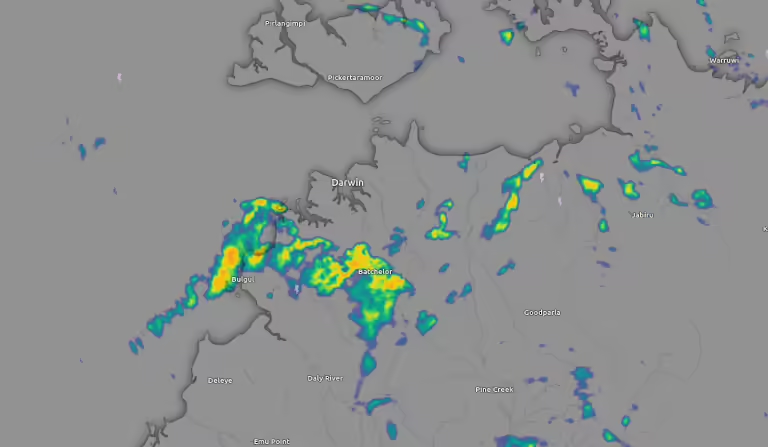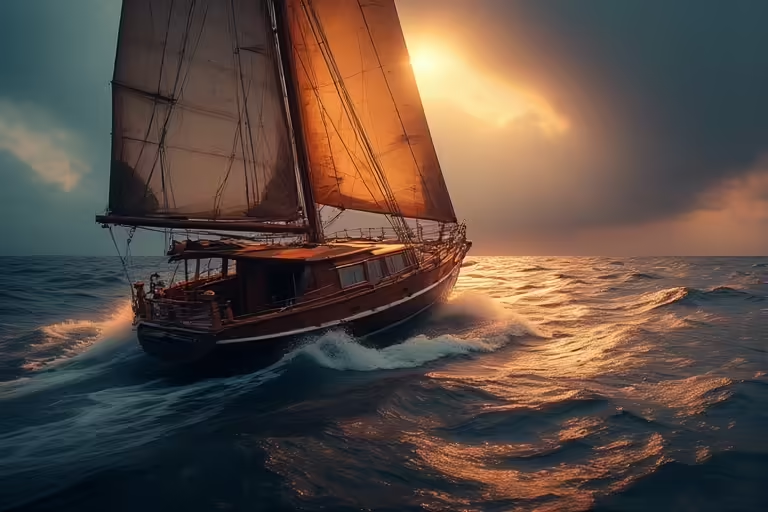Understanding Wind Patterns and Safety Measures in the Darwin Region
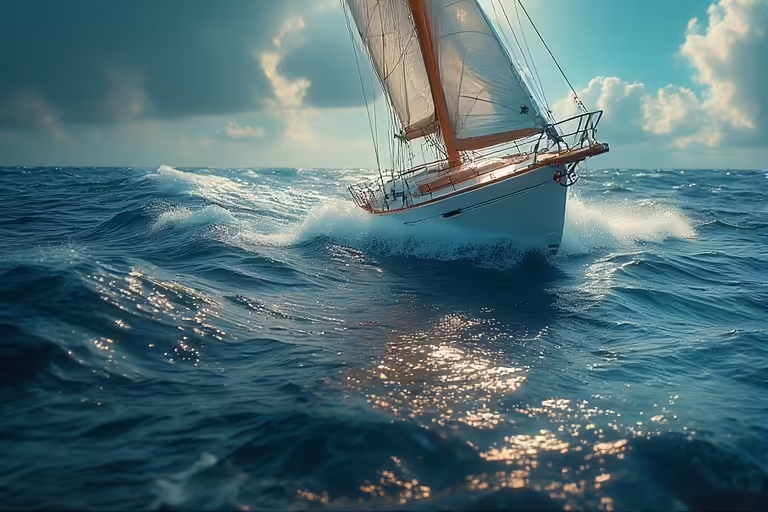
The Darwin region, located in the Northern Territory of Australia, experiences a unique set of wind patterns. These are driven by its geographical features and climatic conditions. Understanding these wind patterns is essential for yacht owners, fishermen, and sailors. In particular for those operating in the Timor and Arafura Seas. The primary seasonal winds in this area are governed by the monsoonal cycle. These distinct wet and dry seasons lead to considerable variations in wind strength and direction.
During the dry season, typically from May to October, the southeast trade winds dominate, creating favourable sailing conditions. These consistent winds not only enhance maritime navigation but also influence local fishing activities. Moreover it makes this season particularly advantageous for both recreational and commercial fishermen. Conversely, the wet season, which spans from November to April, is characterised by the transition into variable northeast winds. These winds can occasionally shift dramatically, leading to the development of cyclonic activity. This makes it a critical concern for maritime safety in the region.
The historical context of cyclones, particularly Cyclone Tracy in 1974, underscores the necessity of awareness regarding wind patterns in the Darwin region. This devastating weather event highlighted the unpredictable nature of cyclones and their potential impact on both lives and infrastructure. Understanding the likelihood of cyclonic activity during the transitional month of December through February is paramount for anyone navigating these waters.
In summary, the wind patterns in the Darwin region are influenced by seasonal changes and local geographical features, making them vital knowledge for those engaged in maritime activities. By comprehending these patterns, sailors and fishermen can better prepare for the conditions they may encounter, ensuring safer navigation and improved success rates in their activities on the water.
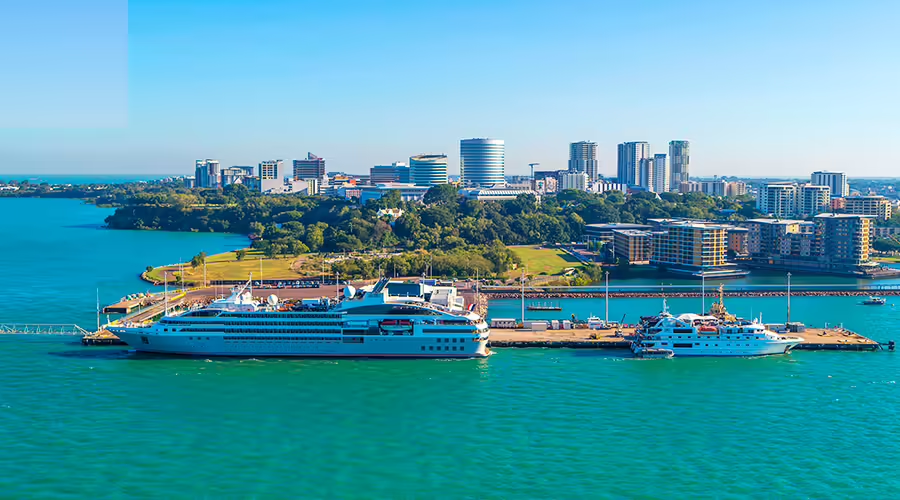
Travel to Darwin: 2026 Guide
So, you’re dreaming of a Darwin escape? Whether you’re flying in from overseas, road-tripping the Stuart Highway, or sailing up the coast, this is your no-worries, all-options guide.
The Impact of Cyclones and Weather Systems
Cyclones are significant weather systems that affect many regions, particularly the Darwin area in the Northern Territory of Australia. These storms have a powerful impact on local wind patterns, tides, and overall safety at sea. One of the most notable events in history is Cyclone Tracy, which occurred in December 1974 and demonstrated the devastating effects of such weather systems. This cyclone caused widespread destruction, leading to critical changes in building codes and emergency preparedness in the region.

The dynamics of a cyclone include strong winds, heavy rainfall, and storm surges, which alter the typical wind path and tidal movements. When a cyclone approaches, wind patterns become erratic and can reach extreme speeds, posing significant hazards to marine activities. It is essential for those in the Darwin region to remain vigilant during cyclone season, as shifts in weather patterns can happen quickly and without warning.
Visibility at sea can drastically reduce due to heavy rainfall and turbulent winds, complicating navigation and fishing operations. Fishermen and sailors must understand how cyclones and weather systems affect sea temperatures and currents. Warm sea temperatures can exacerbate cyclone formation, leading to increasingly unpredictable weather conditions. This juxtaposition of cyclones and natural marine environments plays a critical role in determining safe practices for fishing and sailing. Thus, staying informed through reliable resources, such as the Darwin wind live interactive map, is vital. This tool enables individuals to track real-time wind conditions and other essential weather data, facilitating safer decision-making.
The implications of cyclones reach beyond immediate weather impacts, affecting the livelihoods and safety of those who engage in marine activities. Consequently, awareness and preparedness are key to mitigating risks associated with these powerful weather systems.
Navigational Tools and Safety Gear for Northern Territory Waters
When navigating the waters of the Northern Territory, particularly in the Darwin region, boaters and mariners must rely on an array of essential navigational tools to ensure their safety and effective travel. GPS (Global Positioning System) units are invaluable for pinpointing your exact location, helping to reduce the risk of getting lost in unfamiliar waters. With real-time tracking capabilities, GPS devices can dramatically improve navigation by allowing operators to chart courses directly to their destinations while avoiding potential hazards.
In addition to GPS, VHF radios remain a critical component of maritime communication. These devices facilitate contact with other vessels, as well as with coastal authorities, ensuring that boaters can stay informed about changes in weather conditions or other navigational alerts. A reliable compass also plays a fundamental role in navigation, particularly in situations where GPS signals may be weak or unavailable, such as when boating in remote areas or during adverse weather conditions.
To optimise navigation efforts further, it is essential to integrate live weather data and detailed digital maps into your planning. Many modern GPS systems and marine apps offer real-time updates on wind patterns and ocean conditions, which can aid in decision-making during voyages. By using these tools in conjunction, mariners can achieve a higher level of safety on the water.
In tandem with navigational aids, the presence of safety gear onboard cannot be overstated. Emergency beacons, flotation devices, and man overboard rescue systems are critical for ensuring the well-being of all passengers. Emergency beacons can alert search and rescue teams if assistance is needed, while flotation devices enhance survival rates in case of sudden emergencies. Investing in quality safety gear exemplifies responsible boating practices, ultimately ensuring a safer and more enjoyable experience on Northern Territory waters.
Best Sellers


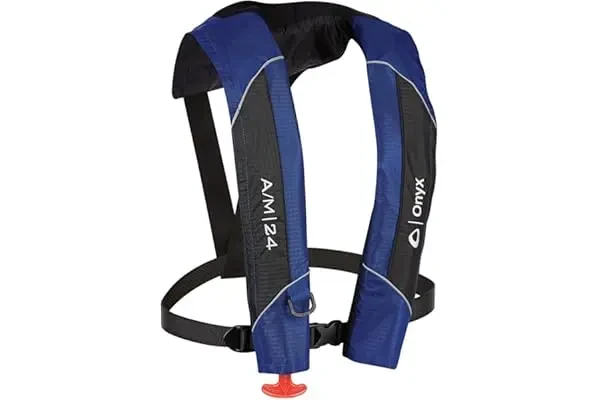
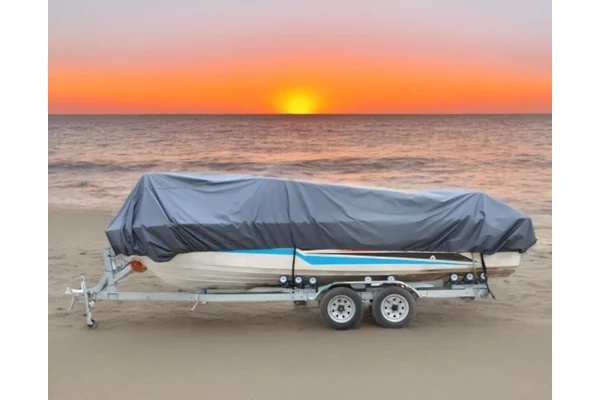
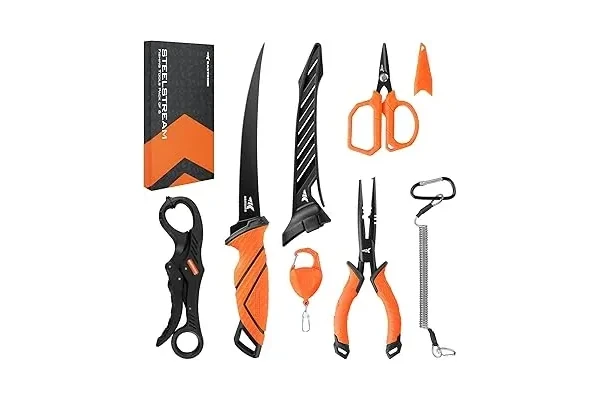
Embracing the Coastal Experience in the Northern Territory
The Northern Territory, particularly the Darwin region, epitomises a vibrant coastal lifestyle rich in experiences that attract fishing enthusiasts, sailing aficionados, and adventurers eager to explore its scenic towns and ports. The stunning coastal landscapes, replete with diverse ecosystems and picturesque views, offer numerous activities that cater to varied interests.
Fishing is one of the most cherished pastimes in this region, with plenty of opportunities to reel in prize catches such as barramundi and mangrove jacks. The ideal fishing spots, varying from estuaries to tidal rivers, promise rewarding experiences for both novice and seasoned anglers. To ensure a productive fishing trip, understanding the local tidal movements and seasonal patterns is vital. Employing appropriate gear and observing sound fishing ethics contributes to the sustainability of the marine environment.
Tranquillity and Adventure
Sailing along the Darwin coastline provides both tranquillity and adventure. The calm waters and gentle breezes are perfect for leisurely cruises or exhilarating sailing experiences. Various charters are available, ranging from guided tours to private yacht rentals, enabling both locals and visitors to indulge in the beauty of the open sea. Knowing wind patterns and current weather conditions is crucial for a safe and enjoyable sailing adventure. Additionally, ensuring that safety equipment is on board is a fundamental aspect of responsible sailing.
Along the coast, numerous towns such as Mandurah and Dundee Beach offer unique local experiences, including fresh seafood markets, hiking trails, and rich Indigenous culture. Engaging in guided tours not only provides insight into the vibrant history and ecology of these areas but also promotes responsible tourism. By prioritising the preservation of these stunning natural environments, visitors can enhance their coastal experiences while respecting the local ecology.
Ultimately, embracing the breathtaking beauty of the Darwin region and its coastal adventures should be coupled with mindfulness regarding wind and weather conditions. By prioritising safety and environmental consciousness, both yacht owners and fishermen can ensure memorable experiences on the water.

